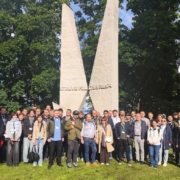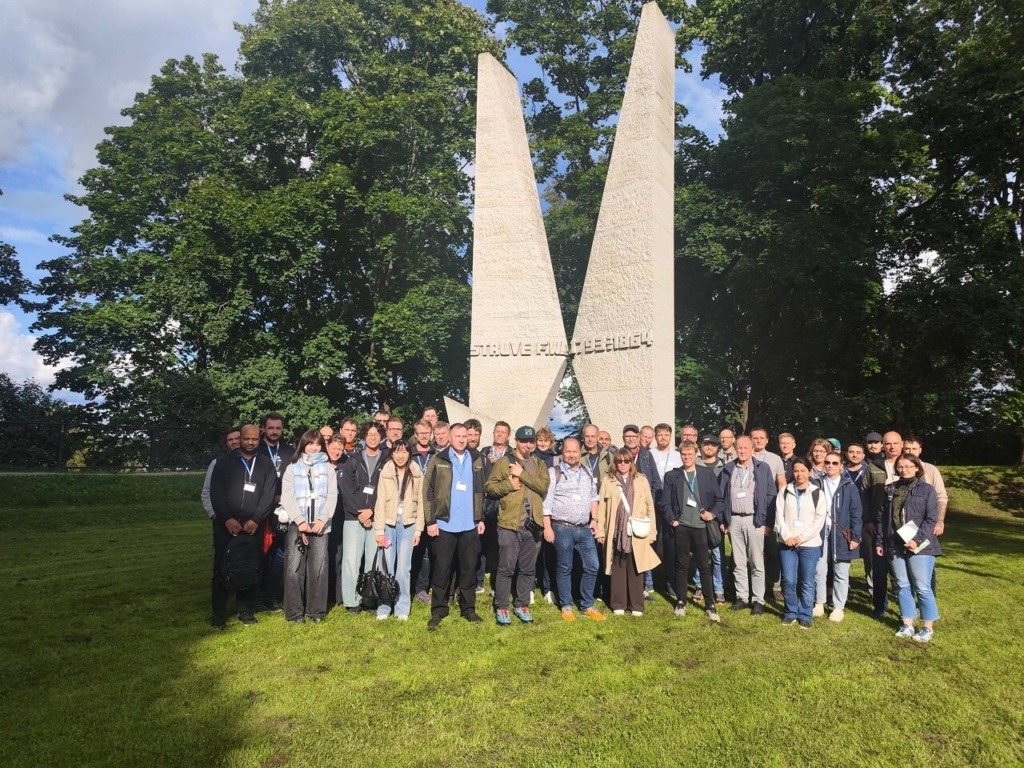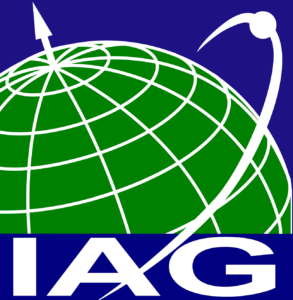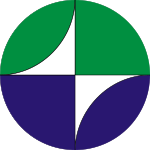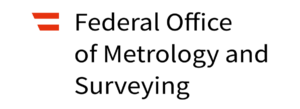From Struve to Space: 11th Nordic Geodetic Commission Summer School held in Estonia 2025
The Nordic Geodetic Commission (NKG) was established in 1953 by geodesists from Finland, Sweden, Norway, Denmark, and Iceland to promote collaboration and knowledge exchange across the region. Researchers from Estonia, Latvia, and Lithuania have contributed since the 1990s, developing GPS-based coordinate systems and advancing geoid and land uplift models essential for accurate height determination. In 2022, these Baltic countries were officially confirmed as NKG full members.
Since 1984, the NKG has organised a Summer School every four years, held in the participating countries by turns. Now for the first time, the event took place on the eastern shore of the Baltic Sea, hosted in cooperation with the Estonian University of Life Sciences, Tallinn University of Technology, and the Estonian Association of Surveyors. The event From Struve to Space: 11th Nordic Geodetic Commission Summer School was held in Tartu, Aug. 25–29, 2025.
The Summer School brought together 61 participants from 13 countries, including all NKG member states, as well as Switzerland, Germany, Romania, Poland, and Taiwan. Key topics included geodesy and marine applications, challenges of GNSS positioning using modern satellite navigation systems, and the application of machine learning strategies in geodesy. One training day was fully dedicated to GNSS signal jamming and spoofing, complemented by practical exercises to ensure positioning reliability and integrity. One-day field trip was organised to attend the Tõravere astronomical observatory. The event offered a unique opportunity for doctoral students and specialists in geodesy to expand their expertise, with a programme designed primarily for PhD candidates in geodesy and related earth sciences. The Summer School atmosphere has always been collegial and supportive, thanks to longstanding cooperation within the NKG. The city of Tartu, with the charm of its historic university town, offered an inspiring environment for advancing scientific careers.
The title From Struve to Space was deliberately chosen for the Summer School, as Tartu has a profound historical connection to the work of Friedrich Georg Wilhelm Struve (1793–1864). Struve, a distinguished astronomer and geodesist, served as professor at the University of Tartu and director of the Tartu Observatory, where he initiated the measurements of the Struve Geodetic Arc, that were conducted in international collaboration from 1816 up to 1855. This meridian arc, extending over 2,800 kilometers from the Black Sea to the Arctic Ocean, provided unprecedented precision in determining the size and shape of the Earth and is today recognized as a UNESCO World Heritage Site. Struve’s legacy firmly established Tartu as a center of scientific excellence in geodesy and astronomy, making the city a symbolically significant venue for the NKG Summer School. The Tartu Observatory has since retained its role as a hub of astronomical and space science, contributing to satellite research, remote sensing, and astrophysics, thereby linking Struve’s geodetic heritage with modern space exploration.
Prof. Artu Ellmann, Tallinn University of Technology
Prof. Aive Liibusk, Estonian University of Life Sciences

